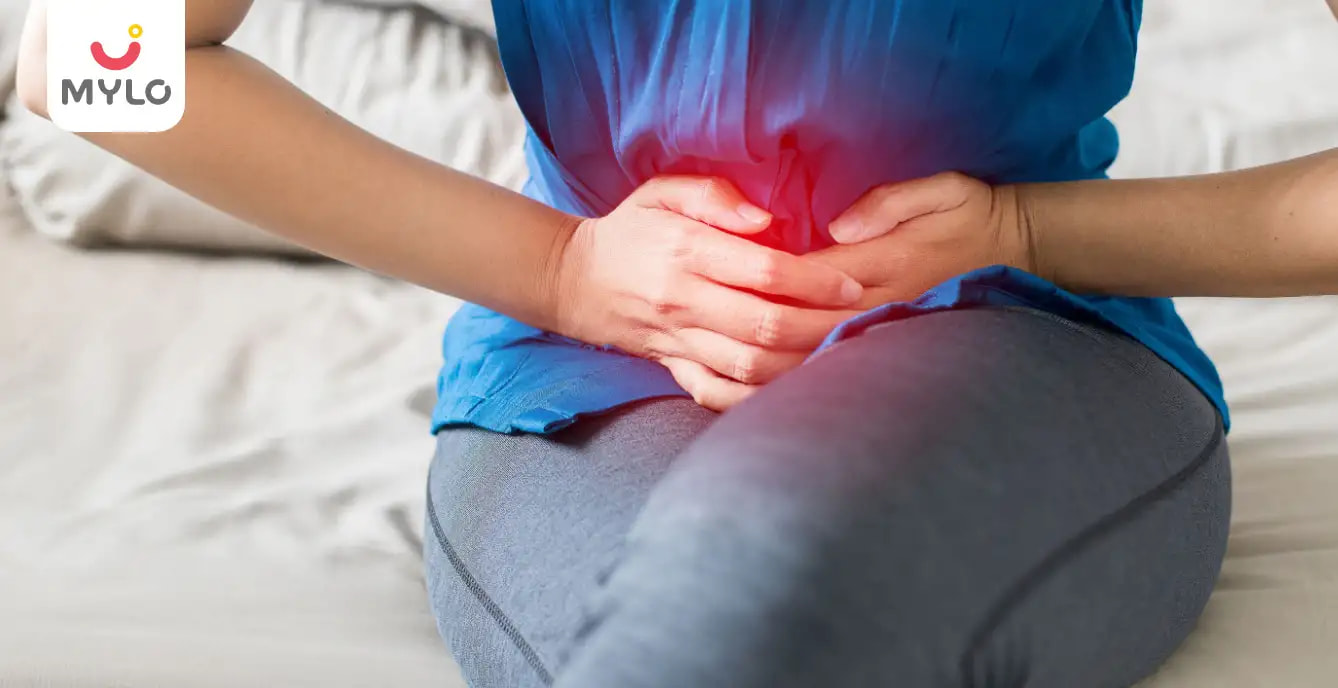- Home

- Gallstones in Pregnancy: Symptoms, Complications & Treatment
In this Article
Pregnancy Journey
Gallstones in Pregnancy: Symptoms, Complications & Treatment
Updated on 7 July 2023
Gallstones in pregnancy and after it are common due to hormonal changes. Most of the time, gallstones that form in pregnancy don't cause symptoms and go away on their own. But they can cause problems if they block ducts in the gallbladder. In this article, we will understand the symptoms that gallstones can causes, the complications that may come along and what's the safest treatment for you and your baby.
Symptoms of Gallstones During Pregnancy
Symptoms of gallstones in pregnancy include:
- Sharp pain in the upper part of the abdomen that occurs one or two hours after a meal that's high in fat content. The pain can be drastic, lasting from a few minutes to several hours. For instance, if dinner includes a high meal, the pain is more likely to appear at night.
- Pain between the shoulder blades or underneath the right shoulder, though pain may move depending on the phase of pregnancy.
- Gas problems
- Abdominal bloating
- Sweating and chills
- Nausea and vomiting
Most people have symptoms in the third trimester or after the baby is born, but people at higher risk can have them earlier in pregnancy. One issue with detecting the beginning of pregnancy gallstones is that symptoms may be confused with morning sickness. However, if symptoms persist beyond the first trimester or if you or your doctor suspect gallbladder-related issues, you may have an ultrasound.
Complications Of Gallstones During Pregnancy
Women are more likely to develop gallstones compared to men. Pregnant women are at a higher risk because their bodies produce more estrogen. Increased estrogen in the body can lead to a higher amount of cholesterol in the bile while reducing gallbladder contractions. Doctors refer to the slowing of gallbladder contractions during pregnancy as "cholestasis of pregnancy," which means the bile doesn't escape the gallbladder easily.
Cholestasis of pregnancy is linked with an increased risk for pregnancy complications. Some problems include the baby passing meconium (feces) before birth, which can make it hard for the baby to breathe, premature birth, and stillbirth. It is well known that symptomatic gallstone disorder during pregnancy puts both the mother and the baby at a higher risk of dying. It may also lead to spontaneous abortion, fetal abnormalities, preterm labor, and sometimes even death.
Diagnosis of Gallstones in Pregnancy
It is important to note that not all pregnant women will experience symptoms of gallstones. Some experience what's inferred to as "silent gallstones" since they have no symptoms and don't receive a diagnosis until they have had medical imaging conducted. Others may suffer a "gallbladder attack" when a blockage of bile leads to a buildup of pressure in the gallbladder, resulting in severe abdominal pain.
Blood work may not be helpful in pregnancy due to regular pregnancy changes. Instead, ultrasound is used to detect many cases of gallbladder stones during pregnancy. You may require testing to determine if your symptoms mean you are experiencing gallstones, as severe abdominal pain can also be a sign of round ligament pain, severe cramps, or something more severe, such as ruptured ectopic pregnancy or appendicitis. Moreover, it is essential to communicate this discomfort with your doctor to determine the root of the cause.
Treatment of Gallstones During Pregnancy
Based on your symptoms and test results, your doctor may propose that you have surgery to remove the gallstones or wait it out. Some doctors choose to go ahead and operate because of the increased risk of relapse, which can be worse. If you decide to wait it out, you may also be given medications for the pain. It is also often helpful to modify your diet:
- Consume plenty of fiber-rich foods such as fruits, vegetables, and whole grains.
- Avoid saturated fats found in animal products like meat and whole milk. Instead, opt for good fats such as omega-3 fatty acids and unsaturated fats.
- Limit the consumption of sugar and refined carbohydrates like white bread and pasta.
First Trimester Treatment
Surgery is generally not suggested in the first trimester except in extreme cases. During the first trimester, there is a greater risk of congenital disabilities from exposing your baby to the medications required to perform surgery. Surgery may be postponed until you have moved into the second trimester or until after you give birth, if possible.
Second Trimester Treatment
Surgery is the safest option in the second trimester. It is also the easiest time to do the procedure with laparoscopy compared to an open incision, which is more complicated and requires an extended healing time.
Third Trimester Treatment
If you're in your third trimester, your doctor might advise trying to wait it out rather than have surgery because your growing uterus makes it more challenging to perform surgery using the laparoscopic technique. It is also more probable that you could experience preterm labor in the third trimester. Your doctor may also propose that you have your gallbladder removed in the postpartum period.
Prevention of Gallstones During Pregnancy
Here are some ways that can help lower your risk of gallstones in pregnancy:
1. Gain a healthy amount of weight
Obesity is a significant risk factor for the development of gallstones in women. Pregnancy is not a time for weight loss diets, but acting with your doctor to avoid excess weight gain can benefit you.
2. Consume a high-fiber diet
Eating too little fiber can increase your risk of developing gallstones. Consume foods rich in fiber that can keep your gallbladder healthy.
3. Choose the right fats
Monounsaturated fats and omega-3 fats help prevent gallstones, and foods high in saturated fat tend to facilitate their formation.
4. Reduce sugar intake and other refined carbohydrates
Sugar and products made from white or refined flour, such as pasta, a variety of bread, crackers, and chips, increase the risk of gallstone development. They also provide empty calories.
5. Manage diabetes
Women with diabetes often have high triglyceride levels, and both conditions have been associated with an increased risk of gallstones. So work with your doctor to keep your diabetes in control while you're pregnant.
Can a Gallbladder Attack Hurt My Baby?
Deposits or gallbladder stones have no direct impact on your baby, and most women with gallstones have no symptoms. However, if you have symptoms that inhibit your ability to nourish yourself and transmit adequate nutrition to your developing baby or if a severe obstruction results in inflammation or infection, your baby could be affected. Gallbladder stone in pregnancy has been linked to an increased risk of preterm birth, readmission of the mother to the hospital, and even mother or infant mortality in the newborn period.
You may also like: Importance of Maternal - Fetal Medicine in High Risk Pregnancies
FAQs
Do Gallstones Go Away After Pregnancy?
It is not uncommon for gallbladder disease symptoms to occur two or four months after delivery, possibly due to pregnancy hormones that aggravated the problem during the preceding nine months. It takes time for things to go back to normal.
Can Gallstones Cause Miscarriage?
It is well known that symptomatic gallstone disorder during pregnancy puts both the mother and the baby at a higher risk of dying. It may also lead to spontaneous miscarriage, fetal abnormalities, preterm labor, and sometimes even death.
Can They Remove The Gallbladder During The C-section?
Acute cholecystitis due to gallstone disease during pregnancy often needs emergency surgical treatment. When surgery can wait until after birth, laparoscopic cholecystectomy can be done simultaneously with a C-section.
Closing Thoughts
In conclusion, gallstones in pregnancy can pose significant challenges and risks to both the mother and the developing fetus. It is crucial for healthcare providers to recognize the symptoms and complications associated with gallstone formation in pregnancy and take appropriate measures to ensure the well-being of the pregnant woman. Early diagnosis and prompt treatment can help mitigate the potential complications and alleviate the discomfort experienced by the expecting mother.
References
1. Hess E, Thumbadoo RP, Thorne E, McNamee K. (2021). Gallstones in pregnancy. Br J Hosp Med (Lond).
2. Ibiebele I, Schnitzler M, Nippita T, Ford JB. (2017). Outcomes of Gallstone Disease during Pregnancy: a Population-based Data Linkage Study. Paediatr Perinat Epidemiol.
3. de Bari O, Wang TY, Liu M, Paik CN, Portincasa P, Wang DQ. (2014). Cholesterol cholelithiasis in pregnant women: pathogenesis, prevention and treatment. Ann Hepatol.



Written by
Khushboo Jain
Get baby's diet chart, and growth tips

Related Articles
How Respiratory Syncytial Virus (RSV) Impacts Premature Babies Differently: What Every Parent Needs To Know
Adverbs: A Comprehensive Guide to help small children learn the usage of adverbs
Expand Your Child's Vocabulary with words that start with X: Easy, Positive, and Engaging Words, Animals, Countries, and Fruits
Unlocking Language Proficiency: The Ultimate Guide to Top 100 Sight Words for Kindergarten and Beyond
Related Questions
Hello frnds..still no pain...doctor said head fix nhi hua hai..bt vagina me pain hai aur back pain bhi... anyone having same issues??

Kon kon c chije aisi hai jo pregnancy mei gas acidity jalan karti hain... Koi btayega plz bcz mujhe aksar khane ke baad hi samagh aata hai ki is chij se gas acidity jalan ho gyi hai. Please share your knowledge

I am 13 week pregnancy. Anyone having Storione-xt tablet. It better to have morning or night ???

Hlo to be moms....i hv a query...in my 9.5 wk i feel body joint pain like in ankle, knee, wrist, shoulder, toes....pain intensity is high...i cnt sleep....what should i do pls help....cn i cosult my doc.

Influenza and boostrix injection kisiko laga hai kya 8 month pregnancy me and q lagta hai ye plz reply me

Related Topics
RECENTLY PUBLISHED ARTICLES
our most recent articles
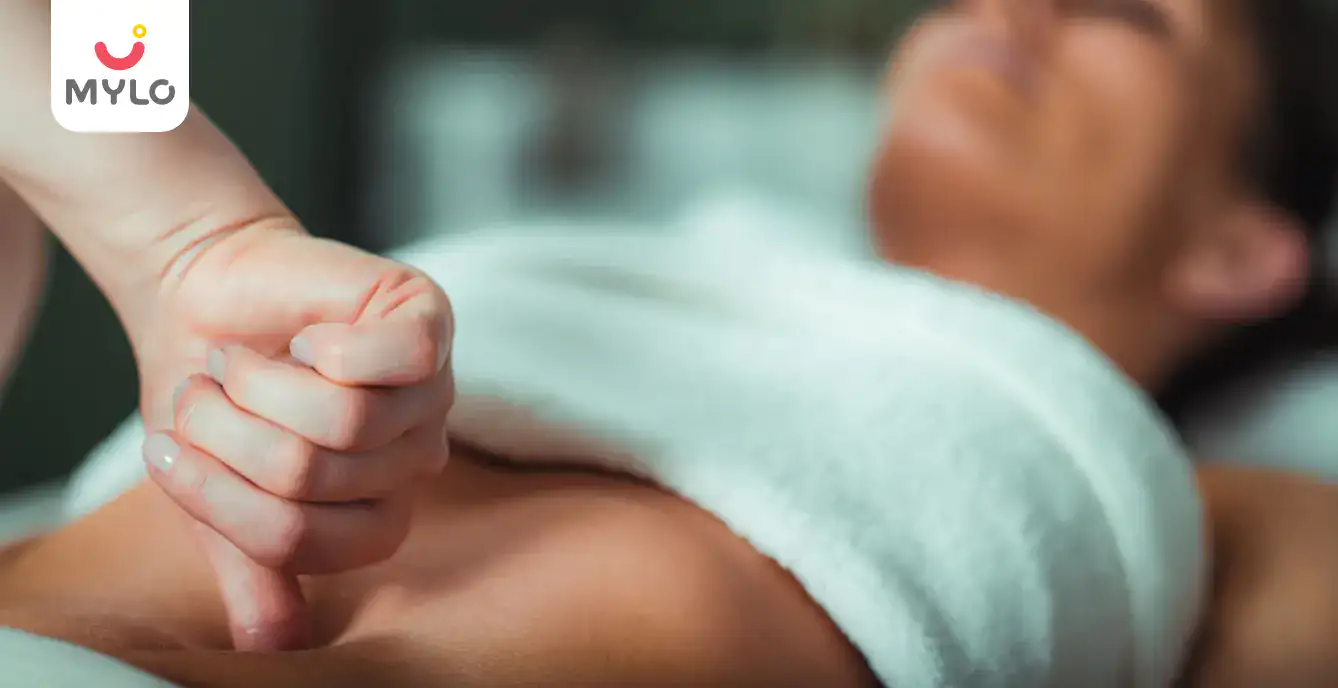
Fertility
Fertility Massage: A Holistic Approach to Boosting Fertility Your Chances of Conception
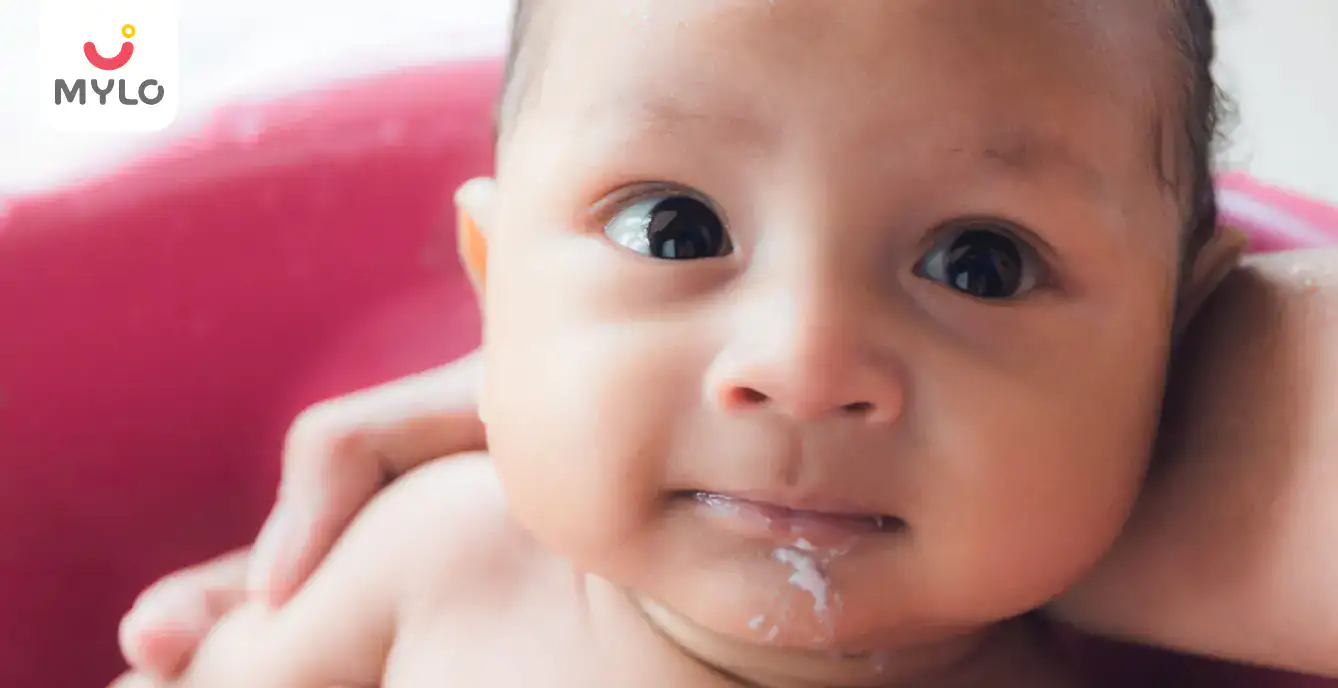
Care for Baby
Baby Vomiting After Feeding: Understanding the Causes and Solutions for Upset Stomach
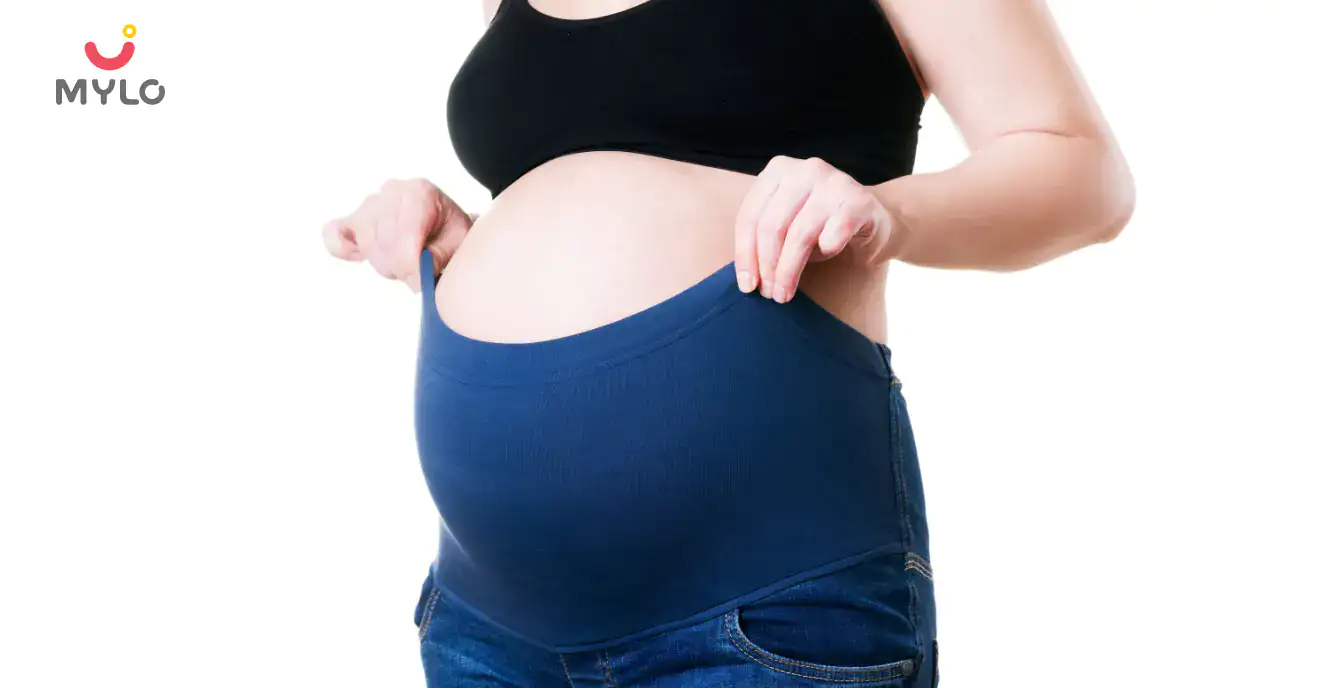
Maternity Fashion
Why do you need to wear a high waisted panty during pregnancy?
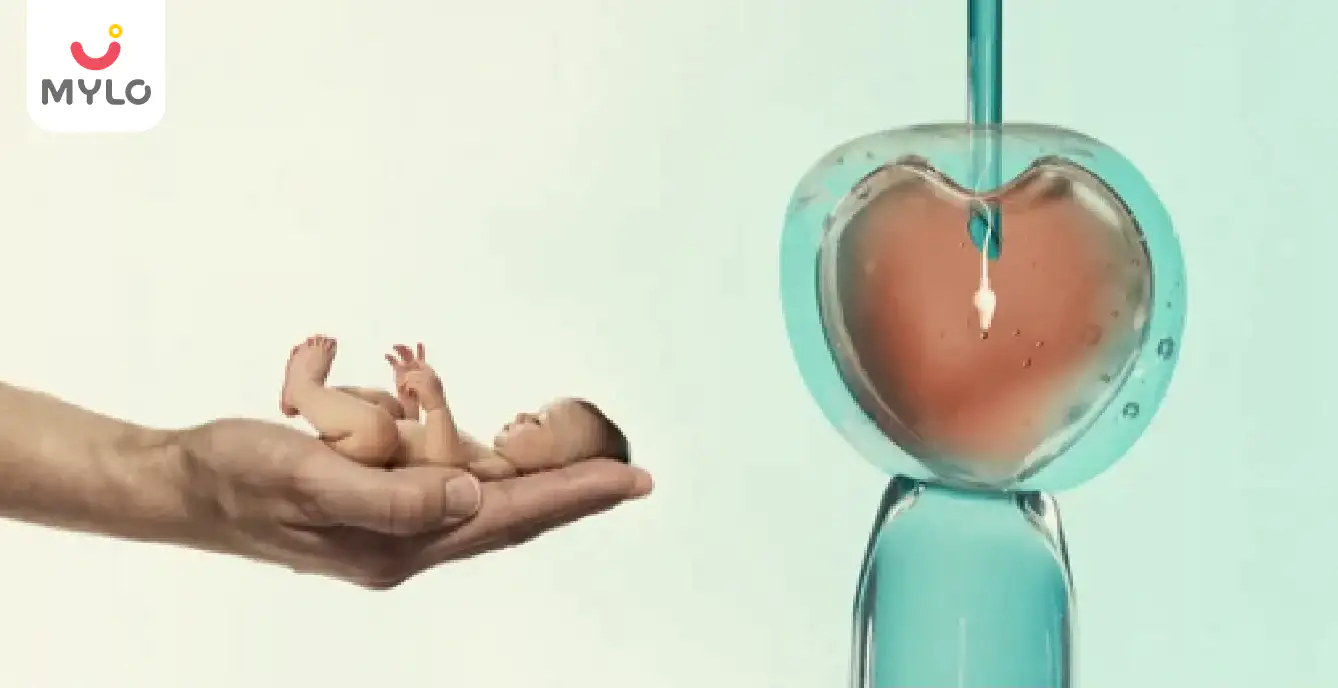
IVF Pregnancy
Top 5 Precautions You Should Take After Getting an IVF Treatment

Baby Movements
Baby Kicking During Pregnancy: Unveiling the Wonders of Quickening in Pregnancy
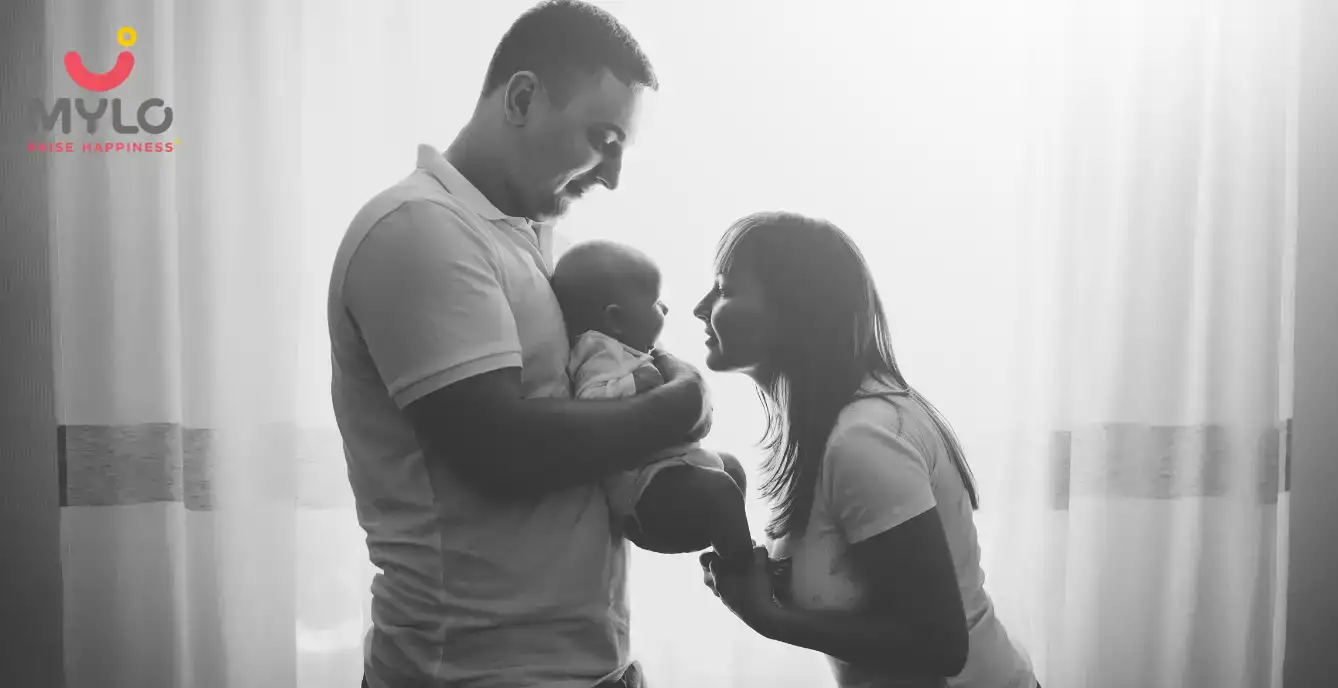
General Father
Daddy duties: Here's your guide to fatherhood
- Four-weeks old baby: Health, growth, care and more
- Baby cloth diapers by Mylo
- When to begin toilet training your child
- Are you a first time dad & scared? Here's some help
- Is your baby 3 months old now? Here's how to set-up a perfect sleep and feeding schedule for your little one?
- Painful Nipples During Breastfeeding: A Step-by-Step Approach for Managing Discomfort
- How to Manage and Alleviate Round Ligament Pain During Pregnancy?
- FSH LH Prolactin Test: What This Group of Tests Can Tell You About Your Fertility
- Why Berbitol is the Missing Piece in Your Supplement Stack
- Top 10 Action Movies to Watch on Netflix in 2023
- Foods to Avoid After Embryo Transfer & Other Precautions to Boost Your Chances
- Semen Analysis: A Comprehensive Look at Male Reproductive Health
- Understanding Premature Ejaculation: Causes, Symptoms, and Treatment Options
- Gokshura: The Ancient Ayurvedic Remedy for Optimal Sexual Health and Wellness


AWARDS AND RECOGNITION
Mylo wins Forbes D2C Disruptor award
Mylo wins The Economic Times Promising Brands 2022
AS SEEN IN
















At Mylo, we help young parents raise happy and healthy families with our innovative new-age solutions:
- Mylo Care: Effective and science-backed personal care and wellness solutions for a joyful you.
- Mylo Baby: Science-backed, gentle and effective personal care & hygiene range for your little one.
- Mylo Community: Trusted and empathetic community of 10mn+ parents and experts.
Product Categories
baby carrier | baby soap | baby wipes | stretch marks cream | baby cream | baby shampoo | baby massage oil | baby hair oil | stretch marks oil | baby body wash | baby powder | baby lotion | diaper rash cream | newborn diapers | teether | baby kajal | baby diapers | cloth diapers |



